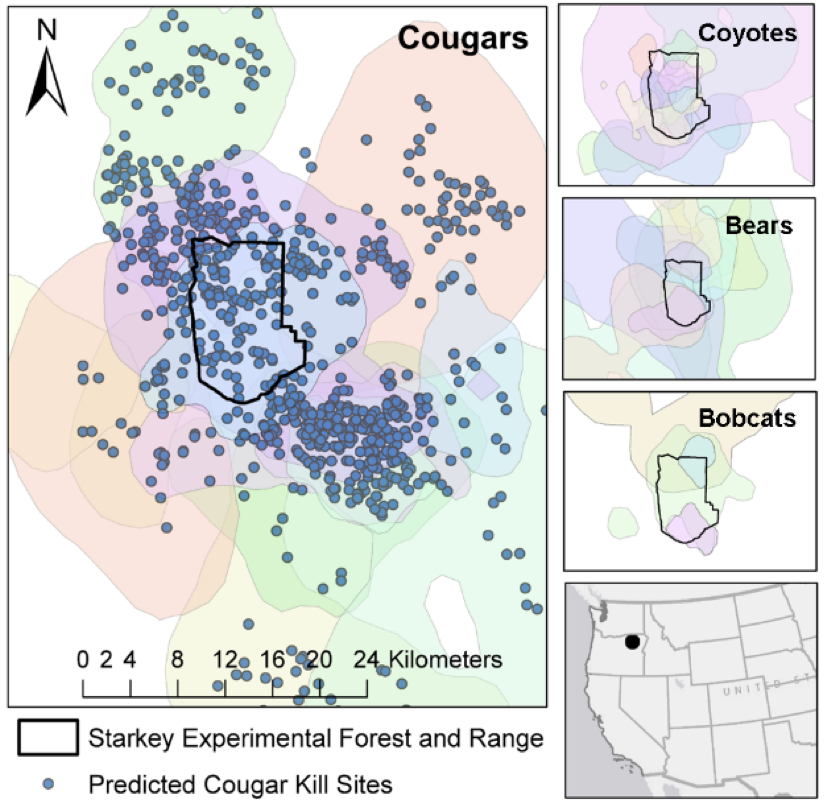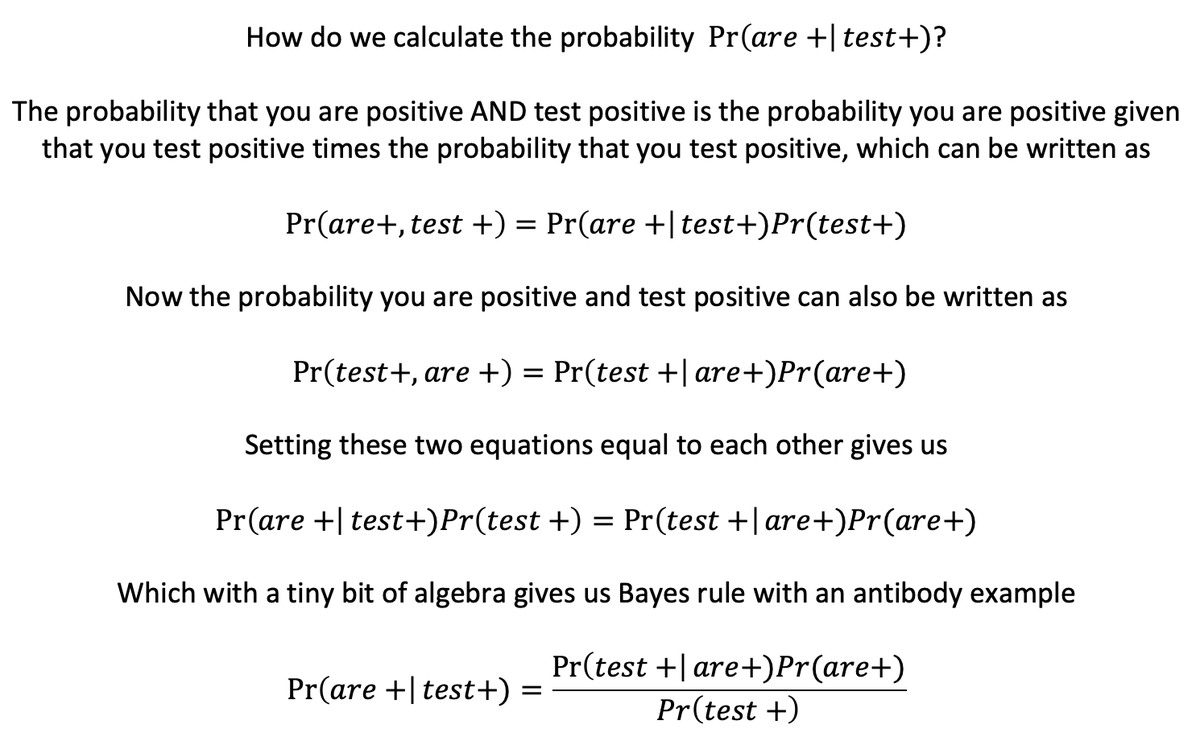How to get URL link on X (Twitter) App

 The story is of course full of mythology, but in the story famine caused Abraham, the patriarch of the Jews, to leave Israel for Egypt. The Jews remain in Egypt for hundreds of years until Moses and the Exodus, which was just celebrated with the Passover holiday. /2
The story is of course full of mythology, but in the story famine caused Abraham, the patriarch of the Jews, to leave Israel for Egypt. The Jews remain in Egypt for hundreds of years until Moses and the Exodus, which was just celebrated with the Passover holiday. /2


 DNA metabarcoding of scats was new back in 2014, and we wanted to use it to study the natural history of wolves in the Alexander Archipelago, motivated in part by their potential listing under the Endangered Species Act. Had no idea we'd find sea otters/2
DNA metabarcoding of scats was new back in 2014, and we wanted to use it to study the natural history of wolves in the Alexander Archipelago, motivated in part by their potential listing under the Endangered Species Act. Had no idea we'd find sea otters/2


 In September 2021, we brought a ridiculous amount of equipment to catch mosquitos in a remote part of the Amazon along the Jurua River. Because Aimee got a fellowship and we started the project a few months later, we had no funding for field or labwork/2
In September 2021, we brought a ridiculous amount of equipment to catch mosquitos in a remote part of the Amazon along the Jurua River. Because Aimee got a fellowship and we started the project a few months later, we had no funding for field or labwork/2 https://twitter.com/taaltree/status/1435374467916566531
https://twitter.com/SubhashishB19/status/1585126735800307713Academia is highly variable by field, institution, and individual. This is partly why people have such different experiences. When you get started you're typically entering an apprenticeship by joining someone's interests and project. Goal is matching to right project and mentor

https://twitter.com/billyeichner/status/1354994574394011648
https://twitter.com/benjpasek/status/1354995513288839170



https://twitter.com/taaltree/status/1240039926759952384The report is based on an individual-based model published in 2005 and 2006 papers in Nature. "Strategies for containing an emerging influenza pandemic in SE Asia" and "Strategies for mitigating an influenza pandemic"

https://twitter.com/taaltree/status/1239763806433116160Let's call cases at time t, N(t). In a short time, dt, the number of cases change from N(t) to N(t+dt). The rate of change (cases per time) is then [N(t+dt) - N(t)]/dt. Now, as dt approaches 0 we call this the "derivative of N with respect to t" and write it as dN/dt.

